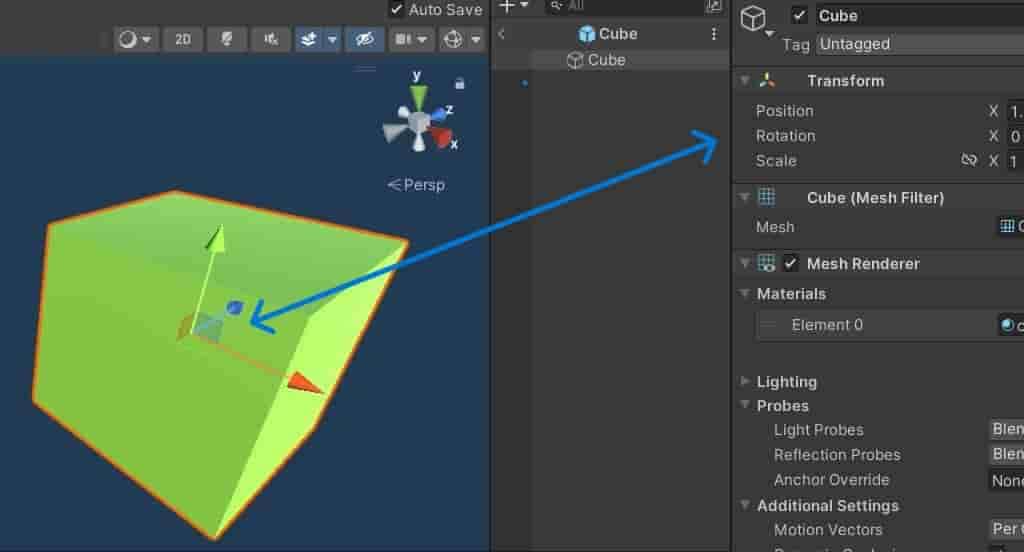There are links on this site that can be defined as affiliate links. This means that I may receive a small commission (at no cost to you) if you purchase something through the links provided on this website.
For details Click here.
Unity Engine is a powerful development platform widely used for creating immersive and interactive video games, simulations, and other graphical applications. The local System in Unity Engine refers to a coordinate system that is relative to a specific object or point in the game world.
When designing a game in Unity, it is essential to have a way to position, rotate, and scale objects accurately. The Local System in Unity Engine provides a convenient and intuitive way to manipulate game objects based on their individual space.
In Unity, each game object has its local coordinate system, which consists of three axes – X, Y, and Z. The X-axis represents the horizontal direction, the Y-axis represents the vertical direction, and the Z-axis represents the depth or forward-backward direction. These axes help define the position, rotation, and scale of a game object.
advantage of using the local system:-
One advantage of using the local system is that it allows objects to be nested within each other, creating a parent-child relationship. A child object inherits the attributes of its parent’s local system, which means any transformations applied to the parent will also affect the child. This hierarchy is particularly useful for creating complex scenes with multiple interacting objects.
Manipulating objects in the local system is relatively straightforward. For example, if you want to move an object along the X-axis, you simply change its local position value on the X-axis while keeping the Y and Z values intact. Similarly, you can rotate objects around their local axes or scale them uniformly or in specific dimensions.
Understanding and utilizing the local system is crucial for developing games in Unity. By working with local coordinates, developers have precise control over position, rotation, and scale within the game world. This flexibility allows for creative and dynamic gameplay experiences.
In conclusion, the local system in Unity Engine refers to a coordinate system that is relative to a specific game object or point. It provides a way to position, rotate, and scale objects within their individual space, allowing for more accurate and intuitive manipulation. By leveraging the local system, developers can create engaging and visually appealing games in Unity.
